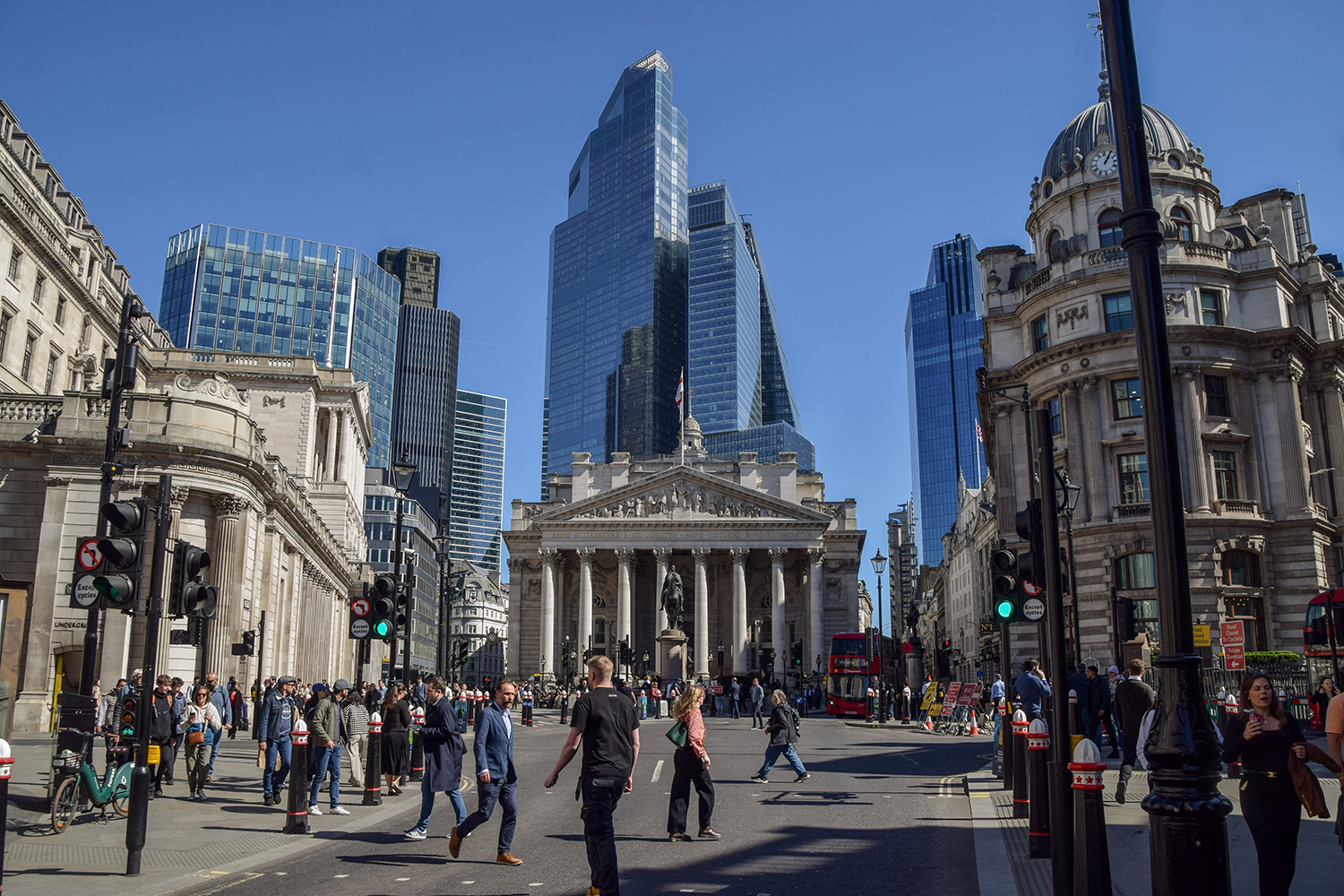There is a stubborn irony at the heart of Britain’s economic malaise. The UK still excels in discovery and creativity. Its universities, arts, media, science and entrepreneurial scene are global leaders. London remains one of the world’s premier financial centres. And the UK has wealth parked in well-funded pension and insurance schemes. On paper, this should be an enviable combination.
And yet, economic growth remains elusive. Last month, the International Monetary Fund lowered its forecast for UK GDP this year from 1.6% to 1.1%.
This need not be terminal. Much depends on making finance work for the real economy. That means reinvigorating the City to act as a link between an individual’s savings and productive investment; a wedding of the country’s intellectual and entrepreneurial energy with its deep pockets.
The City is not just a venue for clearing and trading. It is a strategic asset – a mechanism for national renewal
The City is not just a venue for clearing and trading. It is a strategic asset – a mechanism for national renewal
Timing is favourable. The US, distracted by domestic drama, is handing the UK a strategic opening. And, critically, the groundwork is under way. The Financial Conduct Authority is backing reform. Many key regulatory changes have already been implemented, including ensuring the City’s listing rules are competitive internationally. Reviews are taking place into pensions, financial advice, ISAs and the managing of investments on behalf of others.
Momentum must not stall. It has been nearly a decade since the Patient Capital Review and the conclusions – that the UK lacks scale-up investment and suffers from risk aversion – have scarcely changed.
Unlocking pension and insurance investment is essential. The potential prize? More than £1tn of new investment. That is within reach of this parliament. A focused, week-long policy blitz would be a good start.
Day 1: Tilt the tax system
UK savings enjoy generous tax relief – at a cost of tens of billions annually – yet these apply equally to foreign and domestic investments. A pound invested in America’s Nasdaq gets the same tax break as one put into a British wind farm or developing the science from local universities. That is economically illiterate.
The playing field should tilt, modestly but deliberately, in favour of UK assets. Stamp duty on share trading should also be scrapped, freeing up activity. These changes could be cost-neutral but would sharply boost domestic investment. For too long, successive governments have avoided confronting these issues.
Day 2: End cash complacency
Newsletters
Choose the newsletters you want to receive
View more
For information about how The Observer protects your data, read our Privacy Policy
Cash ISAs, though politically popular, encourage unproductive hoarding. More than £300bn now sits in them, often delivering negative real returns. A cap on an individual’s ISA cash holdings, with incentives to shift the surplus into equities and growth assets, would channel capital more productively and help provide for better retirement.
Day 3: Deploy public capital wisely
Almost £400bn sits in local government and public sector pension schemes. Very little of it is invested in the UK. Beneficiaries may live and work here, but their capital is rarely put to work locally. Pooling and simplification could improve returns and better align investment with national priorities.
Day 4: Make regulation pro-growth
The insurance solvency regime – rules requiring insurance companies to hold sufficient capital – remains overly conservative, starving infrastructure and green transition projects of investment. Modest tweaks to technical details could unlock hundreds of billions. Yet a culture of caution persists. Regulators must be explicitly accountable for growth, not just risk containment. Stewardship reform is also overdue. Asset owners should be encouraged to vote in the best interests of businesses.
Day 5: Attract and retain talent
The UK must become hospitable to financial and entrepreneurial talent. That means revisiting punitive tax rules for international workers and loosening counterproductive visa controls. London’s strength in insurance, hedge funds and private markets must be preserved, and its potential as a green finance and digital asset hub fully realised. We must foster an ecosystem for venture investing.
Day 6: Stop the self-harm
From the Consumer Duty in finance, the Building Safety Act stifling house building and the Employment Rights Act stifling hiring, Britain has tied itself in bureaucratic knots. We must stop regulatory overreach and restrain government’s desire to interfere.
Day 7: Admire the results
The City is not just a venue for clearing and trading. It is a strategic asset – a mechanism for national renewal. Its purpose should be reframed. Moreover, decline is not inevitable. If enacted, the reform agenda will guarantee a brighter future.
Peter Harrison is the former chief executive of Schroders and a member of the Capital Markets Industry Taskforce
Photograph Vuk Valcic/LightRocket via Getty Images
